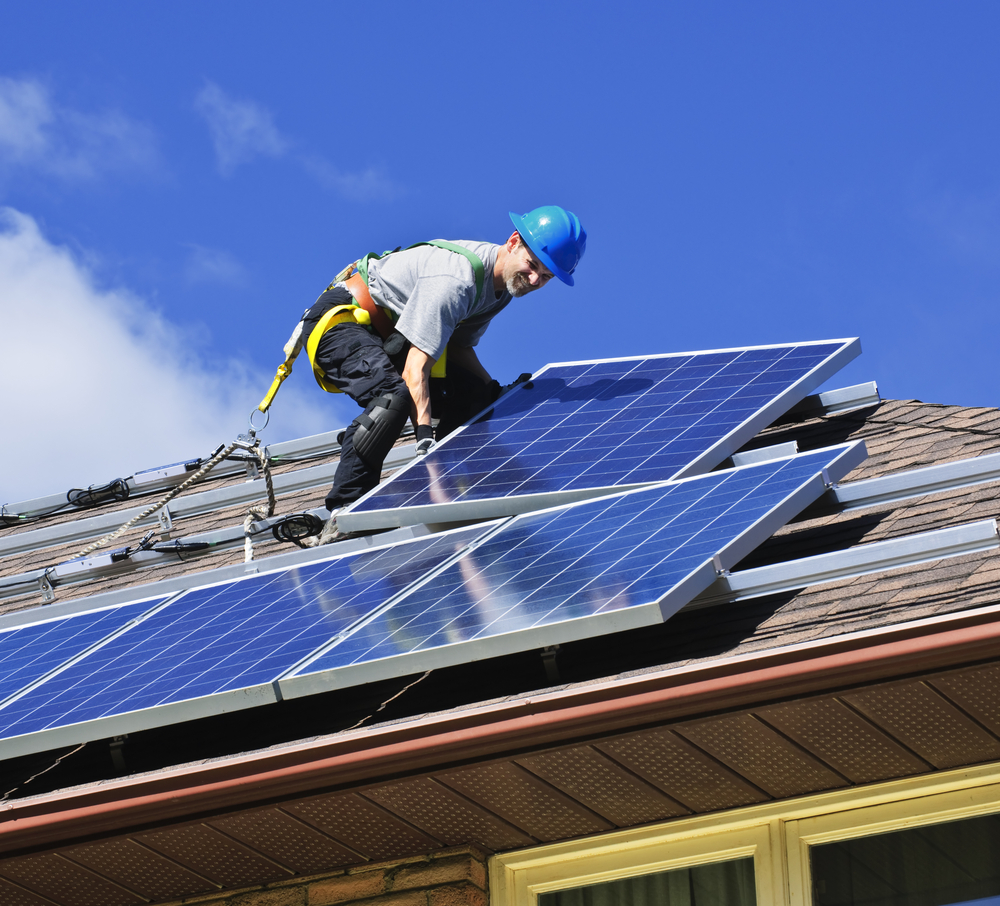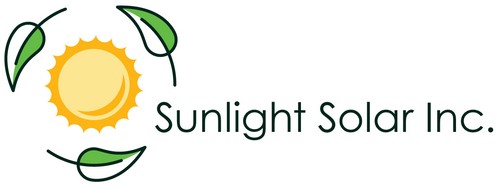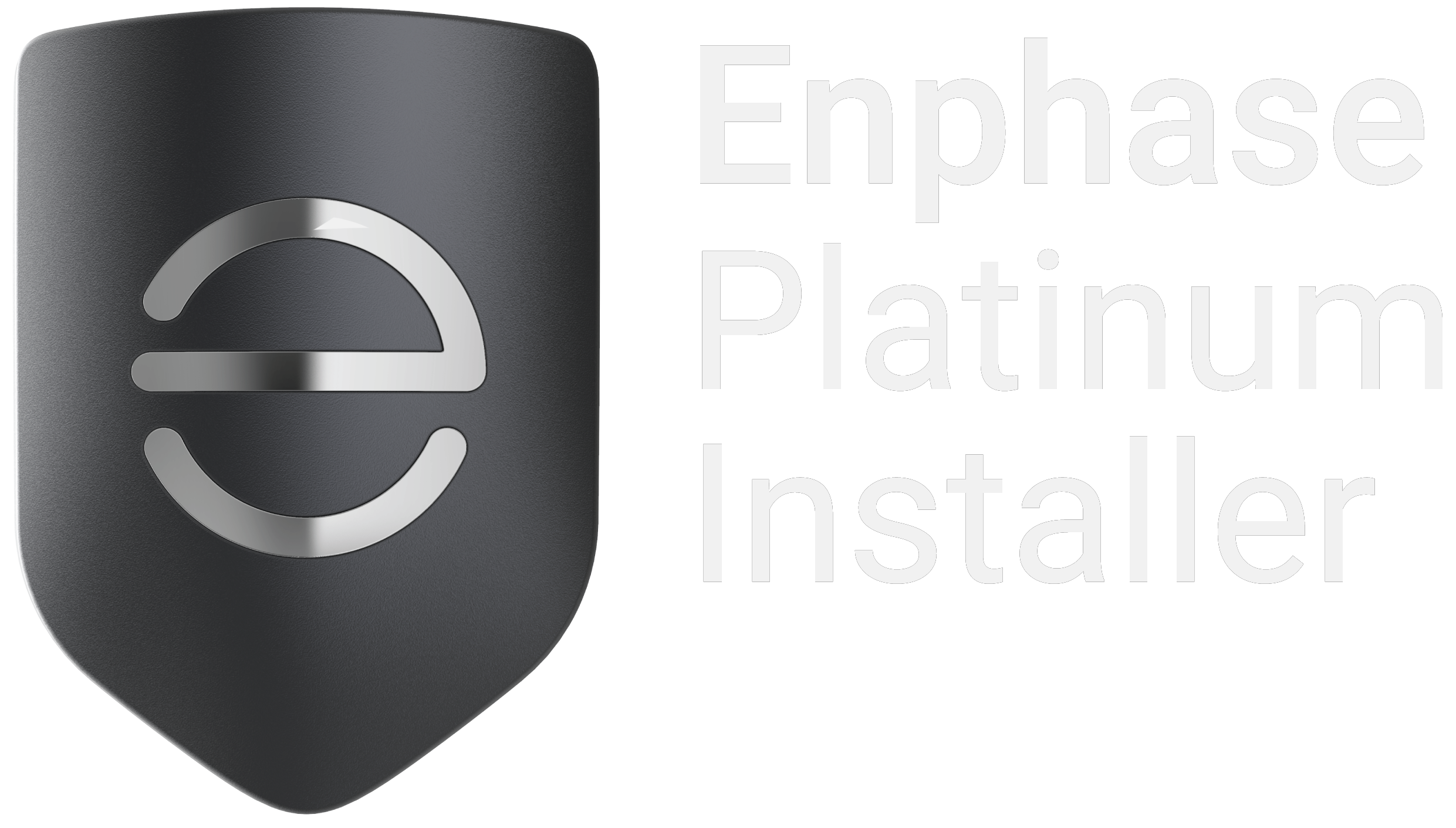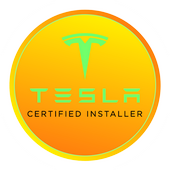
As solar panels’ cost goes down and the demand goes up, you may find yourself considering putting some solar panels on your roof. In this article, we’ll help walk you through what you should know before installing solar panels on your home. There are many things to consider because solar panels are not something you want to impulse buy! If you went through this list and purchased new solar panels, check out our article about how to optimize your solar panels to get the most out of them!
Does Your Home Get Enough Sunlight?
This may be one of the most important factors in your decision-making process. If your roof is shaded most of the day throughout the year, it might not make financial sense to get them. Your house may only be shaded part of the time, leaving you wondering if it gives you enough of a “solar window” to justify the cost. If you’re unsure, feel free to contact us, and we can help you determine whether or not your home gets enough sunlight.
If you don’t get enough sunlight or can’t get them because you rent your home, don’t throw in the towel just yet! There are shared/community solar options that allow you to buy a stake in a solar installation and give you credits on your electricity bill. This option is for people who want to enjoy the benefits of solar power even if they can’t install panels on their homes.
Does Your Roof Need Repairs?
If your roof needs renovation, you may want to fix it up before installing solar panels. Since most solar panels will be on your roof for up to 20 years, you don’t want to install them on a roof that needs repairs 10 years down the road. It would be a hassle to take the solar panels off, renovate the roof, and then put them back on. The project’s costs would increase because of the extra labor, and there’s a risk that your panels get damaged during the renovation.
Can Solar Panels Provide Enough for Your Energy Consumption?
Before getting solar panels and shutting off your electricity, you should check to see if you need to reduce your energy consumption first. This is especially true if you have many household members and appliances. You may need to cut back on your energy consumption for solar panels to provide enough electricity. Did you know that your heater and air conditioner consume 46% of your electricity? To find out how to reduce your consumption, you can read this blog we wrote on the topic!
How Do You Connect to The Grid?
An important question to consider is how you’re going to connect your solar panel to the grid. Some questions that may come up are:
- Do you pay a fee?
- How long does it to get hooked up?
- How and when will you be credited for the electricity generated?
Should You Lease or Buy?
The answer to this question varies from household to household. You’ll want to do a cost-benefit analysis to determine what the best choice is for you. Buying will cost more money upfront but will save you more money over time. Leasing will cost you a lot less upfront (or nothing at all) but will have limited saving benefits. When you lease, a company owns the panels, and you pay them a specified rate for the electricity. Once the lease is up, they may choose to take the solar panels back. When you own them, your solar panels will pay for themselves over time and save you money on your electricity bill month after month. If you’re interested in purchasing them, we sell the best quality solar panels at the best prices!
Which Direction Does Your Roof Slope?
Solar panels need to face a certain direction to get the maximum amount of sunlight. If your roof isn’t positioned in the optimal direction, you may not get the results you need. To help determine this, you can schedule a free consultation with us to figure out if your roof can work with solar panels.
Did You Consider Warranties?
Warranties are important. If anything happens to the solar panels, and it wasn’t your fault, you shouldn’t be financially responsible. Also, many state incentives won’t apply unless your solar panels come with a warranty. Here are some to keep an eye out for:
- Solar panel warranty (Industry standard is 25-30 years)
- Installation warranty (Usually 2-10 years)
- Inverter warranty (Varies from company to company)
Warranties are an essential aspect of protecting your solar panels and other equipment. If anything happens to your solar panels, a warranty keeps the manufacturer accountable, without any additional cost to you!
Conclusion
While there are many more factors to consider, we hope this article helped explain what you should know before installing solar panels on your home. If you have no experience with solar panels, you may have a hundred questions that we didn’t cover. If so, we encourage you to call us at (858) 360-8295 or contact us on our website. We know it can be a confusing subject, but we are more than happy to help!






